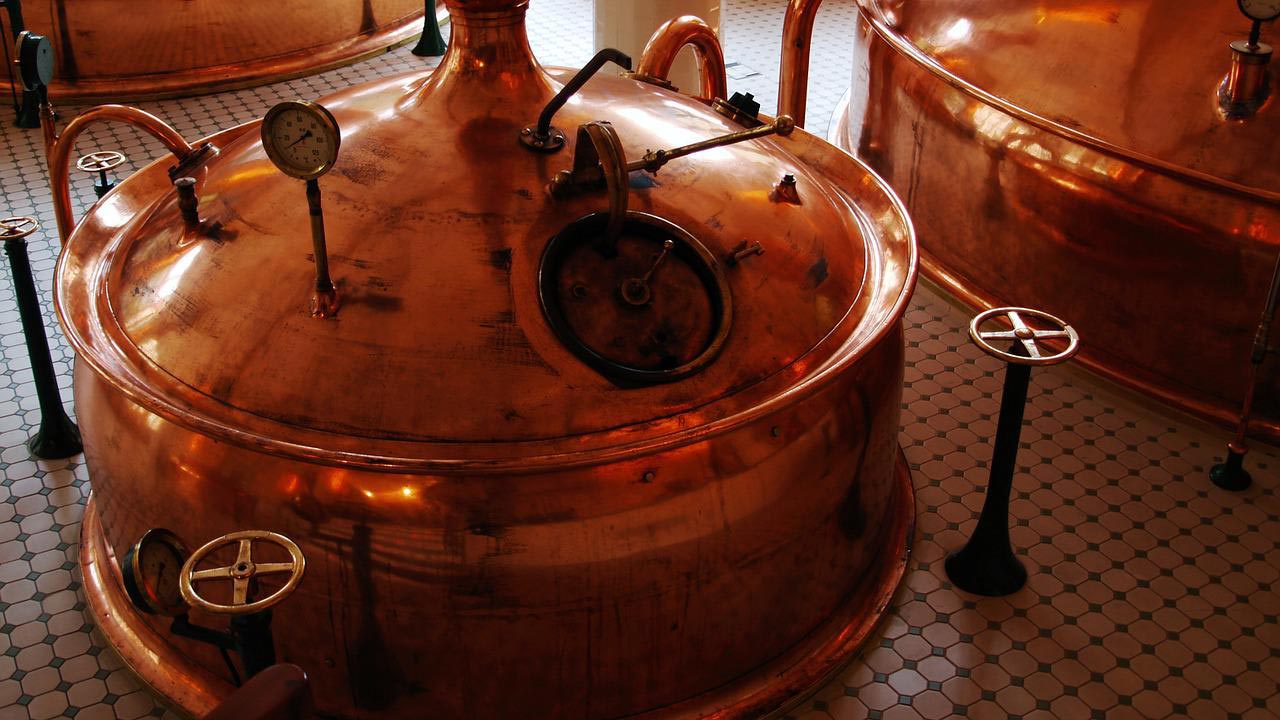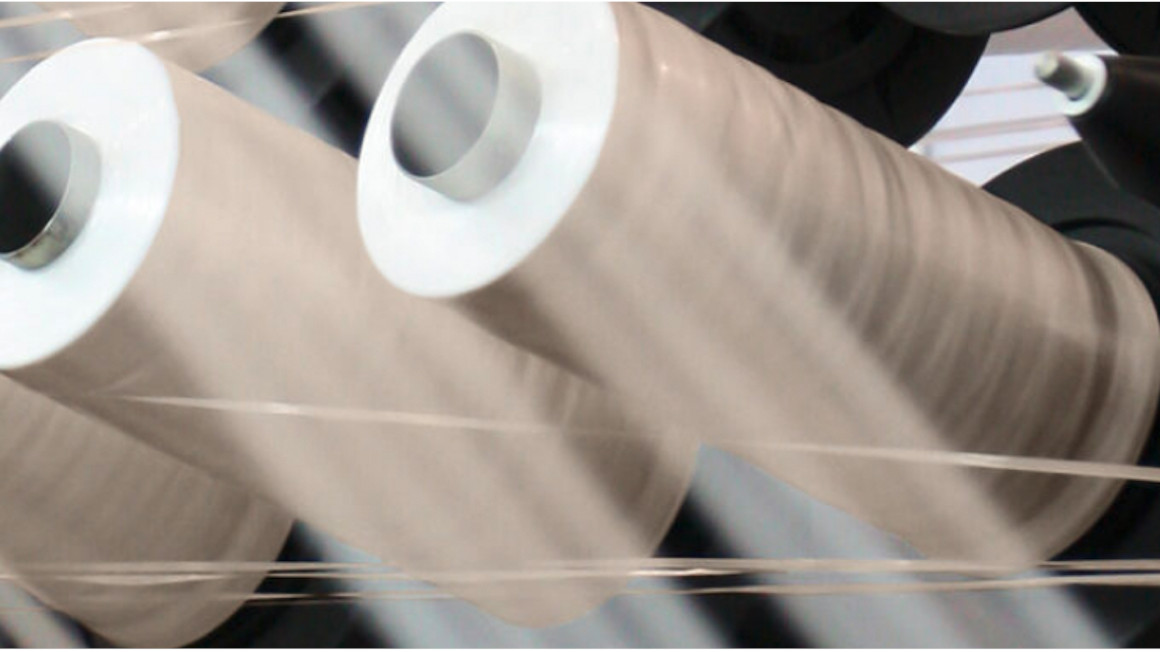Field test for optimized cell factories
With an EU grant, Max Planck researchers want to bring their new concept for optimizing microbial production organisms into biotechnological application.

Without microorganisms, there would be no bread, no cheese, no beer and no wine. The metabolic capabilities of bacteria, yeasts and molds are of particular importance with regard to a sustainable economy. With their help, renewable raw materials can be converted into new substances and customized products for the bioeconomy. Industrial biotechnology has therefore been using microorganisms as production factories for the manufacture of chemicals, drugs, vaccines or fuels for decades. However, in order for the microbial cell factories to produce the desired products and work effectively, their metabolism often needs to be rearranged.
Metabolic process of microbial production organisms optimized
Over the past five years, a team led by systems scientist Steffen Klamt from the Max Planck Institute for Dynamics of Complex Technical Systems in Magdeburg has developed a strategy for optimizing microbial production organisms. In the process, he has succeeded in manipulating energy metabolism in such a way that the cells are forced to synthesize even more of the desired product. The principle worked in various microorganisms and in some cases led to remarkable increases in productivity. The research work was funded at the time with an ERC grant of 2 million euros from the EU.
EU promotes industrial application
In order to bring this method into industrial application, the Max Planck researcher is now receiving renewed EU funding of 150,000 euros. Together with two partners from industry, Klamt wants to test the metabolic intervention he has developed in production organisms. Specifically, this involves bioprocesses for the synthesis of aroma substances. In addition to the chemical company BASF SE, the Hamburg-based food tech start-up COLIPI, which uses yeasts to develop various lipids and oils based on renewable raw materials as an alternative to palm oil, is also involved in the tests.
bb


